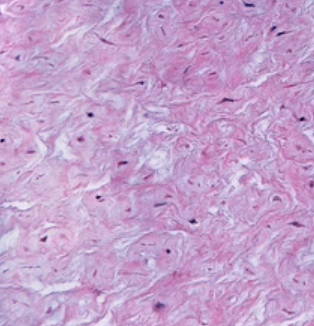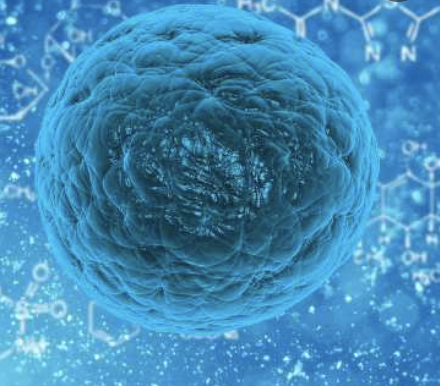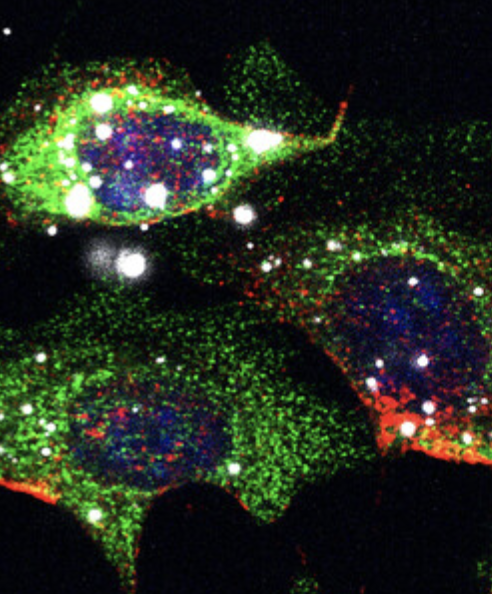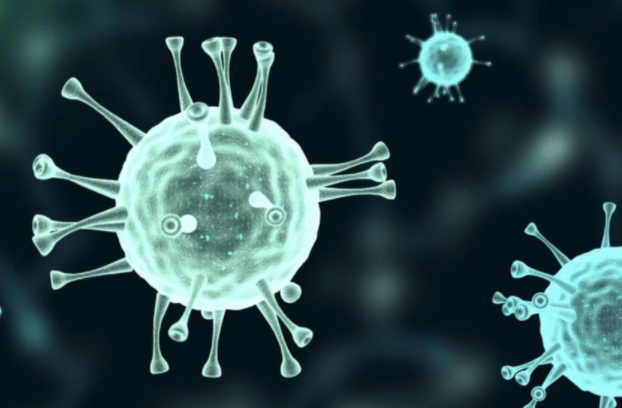New Life Medical



The anesthesia drug ketamine and a related medicine called esketamine appear to be safe for tough-to-treat depression, researchers report.

The American Society of Pain and Neuroscience (ASPN) has created a best practice guideline including evidence-based recommendations for the management and reduction of cancer-associated pain.

Over 50 million chronic pain sufferers across the United States are struggling with pain that persists for six months to often decades. Learn how interventional pain can be treated without the use of opioids.

Oral supplements like oral sunscreens, caretonoids, tranexmic acid, vitamin C and glutathione work magic in many cases to clear the pigmentation.

New retrospective repository of data on Wharton’s jelly allografts as a structural tissue supplement for cartilage and muscle tears, and other soft tissue voids and defects.

A new study details their function providing new knowledge that may improve stem cell transplantation and lead to better drug design in the future.

For many people, electroconvulsive therapy sounds like a last resort. But ECT is a safe and effective procedure, one that has helped countless patients struggling with severe depression or bipolar disorder.

Electroconvulsive therapy has been shown to effectively treat life-threatening major depression.

Yale researchers are developing a skin cancer treatment that involves injecting nanoparticles into the tumor, killing cancer cells with a two-pronged approach, as a potential alternative to surgery.

The current coronavirus disease 2019 (COVID-19) pandemic, caused by severe acute respiratory syndrome coronavirus-2 (SARS-CoV-2), has challenged healthcare facilities globally. Even though the FDA recognizes some therapies, the search for a more suitable therapy continues.